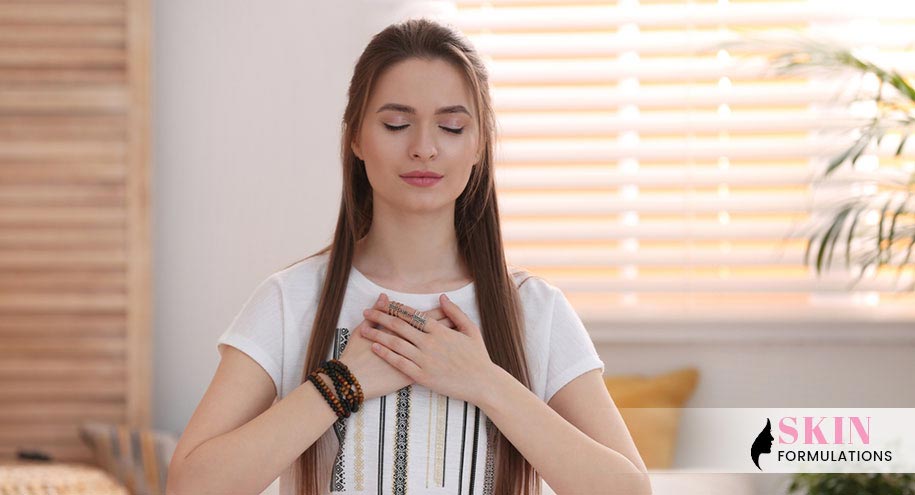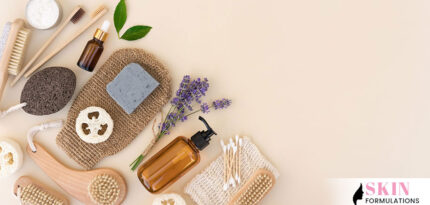Alternative Healing Therapies – Which One Is Right for You?

Introduction
Although modern medicine is growing exponentially year by year in terms of research and new treatment methods, alternative healing therapies have become increasingly popular. These are therapies that differ from what we recognize as conventional medicine but might be immensely beneficial to our health and diseases.
Some of these therapies have been used in traditional medicine for hundreds of years. What’s more, recently such practices have become super popular among people all over the world.
Read on to find out more about alternative therapies such as Reiki, Reflexology, and Acupuncture!
How to Find a Great Practitioner and What to Look For
When looking for a legitimate alternative medicine practitioner, regardless of the type of therapy, there are several things you should be looking for.
Relevant Certifications and Qualifications
Make sure the person has the necessary qualifications and licenses to practice the given therapy. For example, in the US, only university-educated or accredited through Chinese medicine program therapists can practice acupuncture. Stay on the lookout for charlatans carrying out quackeries, which can waste your time and money.
Well-established Reputation
Most high-quality practitioners already have a formidable reputation among clients, with some maintaining a healthy social media presence. The best way to be sure that someone knows what he’s doing is to find satisfied and thankful reviews from real people.
Pricing and Years of Experience
Be wary of cheap sessions from inexperienced practitioners. This can mean that either they don’t know what they’re doing or that they aren’t that well-versed at it. Don’t opt for extremes either because overpriced doesn’t necessarily mean higher quality. Some of the charlatans out there keep asking for colossal sums only to try to trick people into assuming that pricier means better.
Look for alternative healing therapy practitioners who have at least a couple of years of experience and have a middle or higher range price to make sure you’re getting premium quality.
Reiki – The Japanese Energy Healing

Reiki is a form of alternative therapy that’s been gaining a lot of popularity in recent years, although it’s not classified as science yet. Its methods are very different than conventional medicine, which makes it immensely difficult to prove its effectiveness. Nonetheless, there are millions of people worldwide who’ve tried it out, and many of them say it’s working.
Also known as energy or palm healing, Reiki came about around the beginning of the 19th century in Japan. Its practitioners are said to transfer invigorating energy from their palms to the client.
You can practice Reiki in almost any setting. The practitioner will place his hands on the fully-clothed patient on one of over 20 specific points over the whole body. They’ll then transfer healing energies for about 2 to 5 minutes to the specific body area. Reiki is said to alleviate pain, physical injuries, and emotional states.
As for the price, you should expect to pay anywhere between 50 and 100$ per session.
Reflexology

Most likely originating from traditional Chinese medicine, reflexology is a popular alternative healing method. Some evidence suggests that it’s practiced as far back as 3-4 thousand years ago! However, modern reflexologists began revisiting the therapy around the beginning of the 1900s.
The main idea behind reflexology is that the practitioner pressures specific areas around the body, which reflect certain organs and systems. This way, the reflexologist aims to alleviate discomfort, pain, and diseases like diabetes, asthma, anxiety, and more. Additionally, it may boost the immune system, fight hormonal imbalances, improve digestion, and clear up sinuses.
The concept is that the therapy views the body as a map full of various pressure points. The practitioner will gently apply pressure on the points, mainly on the feet, to help you ease stress and fight specific conditions.
Although there’s no definitive evidence on reflexology, more and more people nowadays resolve to try it out. After all, it doesn’t involve any risk to your health, and it might as well prove beneficial.
Each session lasts between 30-60 minutes, with most practitioners charging 50 to 120$ per session.
Acupuncture

Acupuncture is perhaps the most well-known alternative healing method on this list. There’s something about it that people find fascinating and always imagine in their heads when they hear Chinese traditional medicine. However, as with the others, acupuncture is difficult to scientifically prove because it uses methods, which are disparate compared to conventional medicine. Nonetheless, some studies suggest that it may positively affect various types of pain, migraine, anxiety, insomnia, and even erectile dysfunction.
As you probably already know, this therapy involves the insertion of thin needles in the patient’s skin into specific meridians, thought to exist throughout the whole body.
Acupuncture is arguably the oldest of the therapies in this article, with some evidence dating as long as 6000 BCE, where practitioners used sharp bones and stones instead of needles.
Around 20 years ago, even the World Health Organization (WHO) listed various conditions, where evidence suggests that acupuncture is effective. Some of them include high and low blood pressure, allergic rhinitis, tennis elbow, sciatica, gastric conditions, dental pain, and more.
Bear in mind that acupuncture is not as harmless as the others on the list. When performed properly, there should be no danger, but even the most experienced acupuncturists can sometimes make a mistake. Some possible side effects include bleeding, nerve and blood vessel injury, spinal cord injury, and various infections from contaminated needles or other material. So if you decide to try it out, make sure you choose only among the best acupuncture practitioners in your area.
Sessions usually last about 30 minutes and cost around 50 to 85$.
Final Words
We presented you with a summary of some of the most prominent alternative healing therapies. You now know the basics of each one of them, and you can decide if you’d like to give them a try.
Always be careful when choosing a practitioner, and make sure you consult with a doctor before opting for acupuncture as it may cause adverse effects.
Deprecated: Function WP_Query was called with an argument that is deprecated since version 3.1.0!
caller_get_posts is deprecated. Use ignore_sticky_posts instead. in /home/healthwebmagazin/skinformulations.com/wp-includes/functions.php on line 6121






